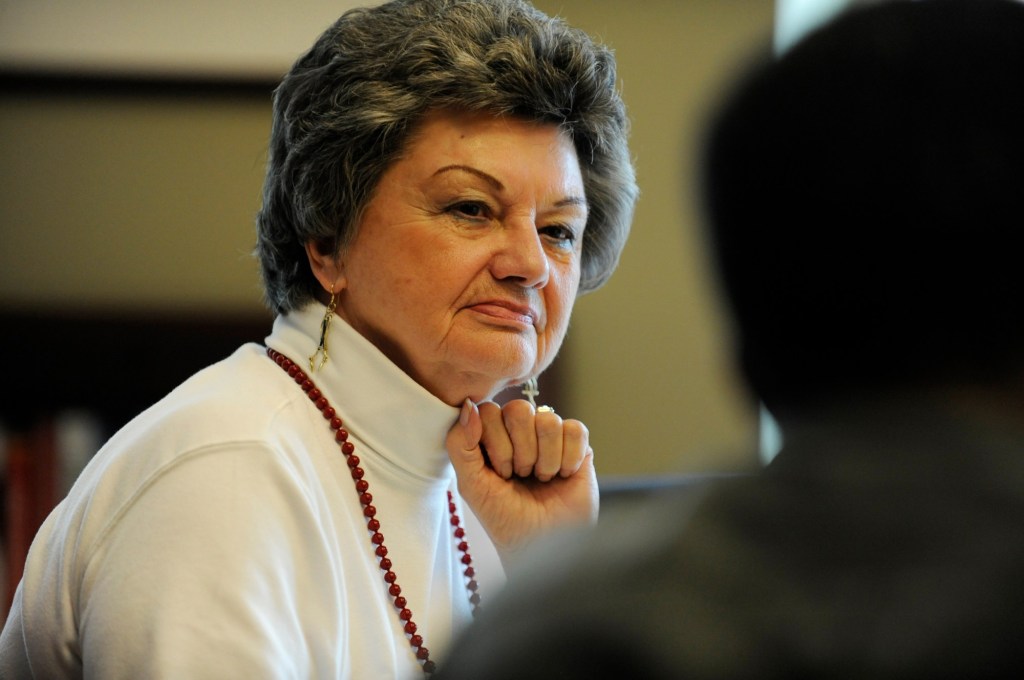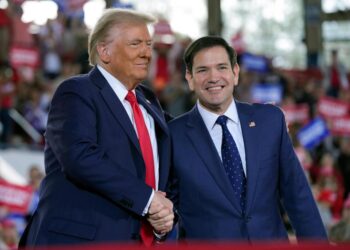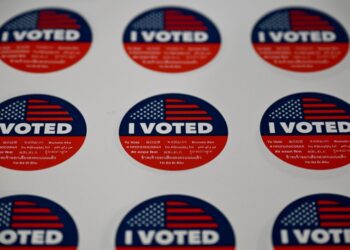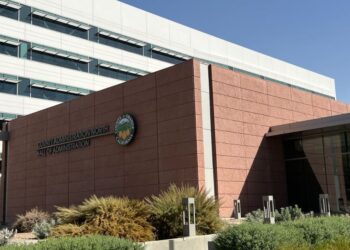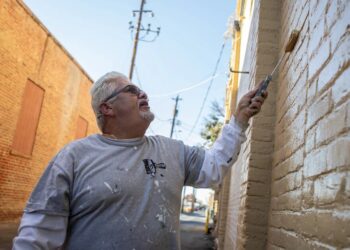Norma Anderson traces her long involvement in Colorado politics from her roots as a “Love girl” in the 1960s, working on the campaign of Republican Gov. John Arthur Love, to winning the post of Republican majority leader of the state Senate in the 2000s.
Now 91, she says with a laugh that her political journey may finally be nearing an end. But the resident of Denver suburb Lakewood is engaged in one last act — as the lead plaintiff in a case that has shaken American politics with its potential to bar former President Donald Trump, a fellow Republican, from the ballot this year as he seeks a return to the White House.
“My issue,” she said in a recent interview, “is saving our democracy.”
Her lawsuit, joined by several other current and former Republicans and steered by the liberal watchdog group Citizens for Responsibility and Ethics and in Washington, could be destined for the history books. It’s already resulted in Colorado’s highest court finding, in a 4-3 ruling, that Trump as the sitting president in early 2021 engaged in insurrection and was thus disqualified from holding the highest office in the land — and ineligible to appear on Colorado’s March 5 primary ballot.
On Thursday morning, lawyers will present oral arguments to the U.S. Supreme Court in a case that has spurred a flurry of national arguments and scholarship over a seldom-invoked clause in a Civil War-era amendment to the U.S. Constitution.
It will be the Supreme Court’s first-ever reckoning over the meaning of the 14th Amendment’s insurrection clause. Though the court has no timeline for issuing a decision, most observers think the nine justices will act with relative haste given that the presidential campaign is in full swing, with primaries underway. For now, Colorado’s Dec. 19 ruling is on hold and Trump remains on the ballot here.
The hearing comes as Trump faces a slew of other court proceedings, civil and criminal. On Tuesday, a federal appeals court
Read the full article here

